Lean Not
“Trust in the Lord with all your heart
and lean not on your own understanding;
in all your ways submit to him,
and he will make your paths straight.
Do not be wise in your own eyes;
fear the Lord and shun evil.
This will bring health to your body
and nourishment to your bones.”
—
I will forever be grateful for the spiritual formation that my parents provided me, taking me to church pretty much every time the doors were open. But growing up in an old fashioned, Southern Baptist Church, one can't help but occasionally be exposed to a fire and brimstone God: one who loves the world, but also brings wrath and vengeance on it from time to time. I used to believe some things that kept me up at night, waking nightmares filling my head about my friends dying and going to hell, sinners in the hand of an angry God, and me with blood on my hands since I did not evangelize them well enough. The prospect of hell terrified me as a child.
I have since come to know a God whose character is love and who desires good for all of humanity. But before that revelation came to me, I heard the above Proverbs verses used to push back the prickling in my heart and the whisper in the back of my mind saying, "Why would a God of love send Hurricane Katrina? Or 9/11?"
Then that verse would come along behind it, resounding in my head: "Lean not on your own understanding!" The preacher said it, so it must be true. If I have doubts about this, then I am being wise in my own eyes. So I shamed myself into thinking too hard about the parts of my faith that made me uncomfortable or from asking too many questions about God and scripture and how it had been interpreted by my faith leaders.
On this side of the deconstruction and reconstruction of my faith, I have obtained my Master of Divinity and I now see how utterly ridiculous the title is, how utterly ridiculous to claim: "I have mastered The Divine!" Those pastors and leaders that formed me were likely doing their best to teach and interpret what they believed to be true, but they were human beings with no more special a connection to God than anyone else. In my fear of "leaning on my own understanding," I had inadvertently been leaning on theirs.
I may have a degree in Divinity, but one thing I have learned is that I will never master it. I could study the Bible and God and interview faith leaders my whole life long and never scratch the surface of who God is. I'm not capable. That thought is both humbling and challenging. To me, "lean not on your own understanding" is precisely about this challenge: To never decide that I am done learning about God and my own heart's connection to God and how God is working in the world.
"Lean not on your own understanding" does NOT mean shutting off your critical thinking skills and leaning on your pastor's understanding, or your church's doctrine. It's actually the opposite! It means to keep pulling at the loose threads, keep asking the questions that nag you, keep bringing them to God in prayer and being willing to learn and grow and even change your mind about what you once believed to be true. Be a lifelong disciple, a learner, of God's nature and God's kingdom.
Trust in the Lord, whose essence is Love Itself, and lean into it, that you might go deeper into God's heart and experience it for yourself.
Kelsey Lewis Vincent
Pastor to Youth and Families

